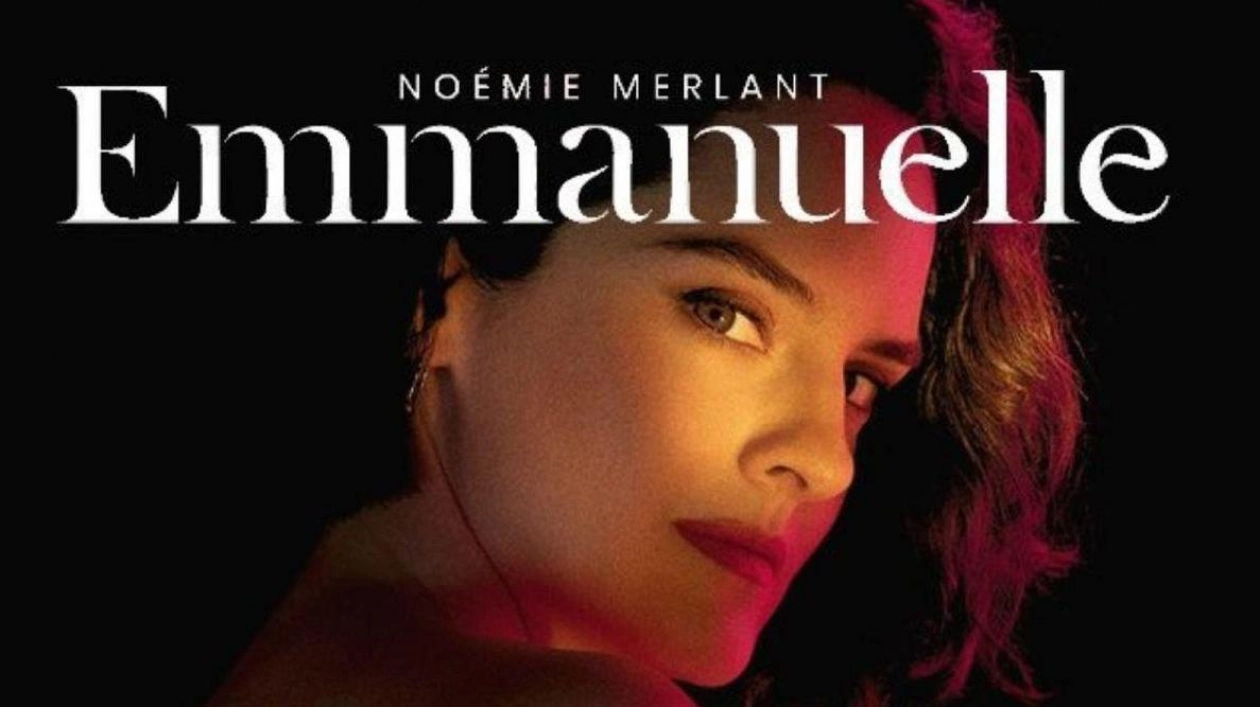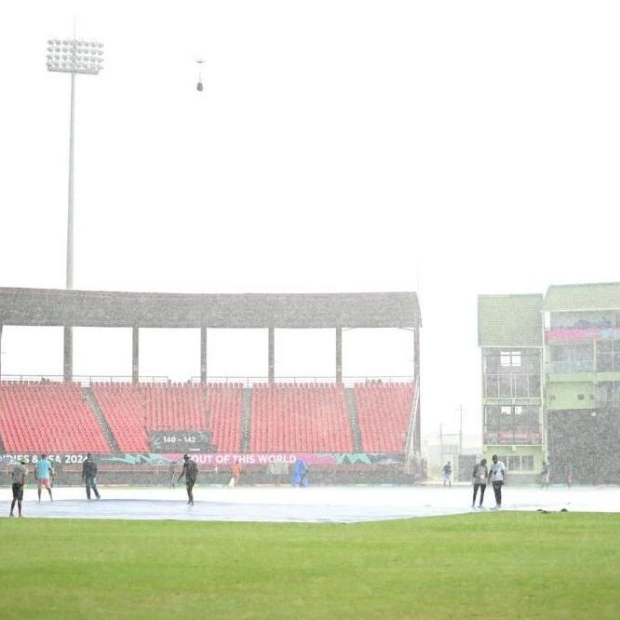Audrey Diwan’s latest film, Emmanuelle, was notably missing from the Cannes and Venice line-ups this year, a surprising omission given that her previous work, the powerful reproductive rights drama L'Événement (Happening), won the Golden Lion at Venice in 2021. According to Diwan, Cannes passed on the film as it wasn’t quite ready, requiring additional editing time, while Venice’s selection committee outright rejected it. This lack of interest is telling, and upon viewing Diwan’s adaptation of Emmanuelle Arsan’s erotic novel, it’s clear why the festivals didn’t fight to include it. The 2024 version carries significant expectations, as Arsan’s 1959 bestselling novel was famously adapted into a softcore porn film in 1974, becoming one of France’s highest-grossing movies ever. Starring Sylvia Kristel as the titular character, the original Emmanuelle was a cultural phenomenon, remaining on the billboard of Paris’s UGC Triomphe for 13 years.
Diwan’s update strips away the misogyny and innuendos of the original but replaces them with a void, resulting in a hollow adaptation unlikely to achieve the same cultural impact. The new version begins similarly, with a Mile High Club encounter on a flight to Hong Kong. Emmanuelle, played by Noémie Merlant, is now a 35-year-old quality controller for a luxury hotel chain, traveling to China for an audit. Despite her encounters with a chatty escort, a manager, and a lifeless threesome, she remains unsatisfied. Her apathy only shifts when she meets the enigmatic Kei, a frequent international traveler who cultivates anonymity.
On paper, the film promises a contemporary take on Emmanuelle, focusing on uncharted female desire. However, despite polished direction and the avoidance of clichéd tropes, the film fails to captivate, instead becoming an aimless and dispassionate exercise. Diwan and co-writer Rebecca Zlotowski deserve credit for not reducing Emmanuelle to an object of male desire. Yet, this version says little about desire or control, despite including explicit nudity that feels sanitized. The film’s failure to create a sensual atmosphere mirrors Emmanuelle’s lack of satisfaction, but this mirroring feels forced due to the film’s inability to connect with its characters.
Diwan’s attempt to capture the eroticism of Wong Kar-wai’s In The Mood For Love falls painfully short. Even Emmanuelle’s eventual orgasm fails to redeem the film’s vapid core message. Diwan’s update of the 70s title is a slow, unsettling, and ultimately anti-climactic journey that says very little.






